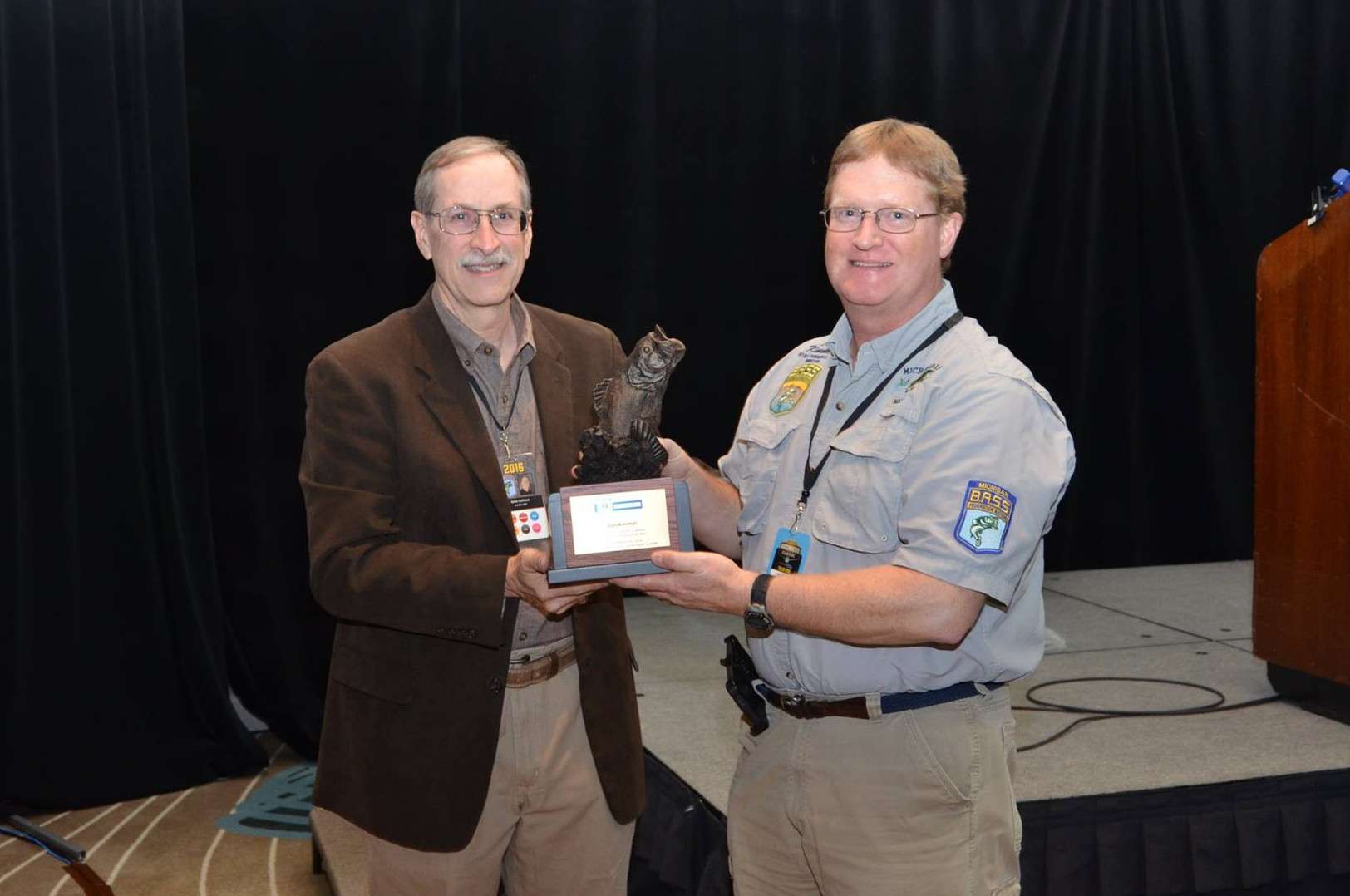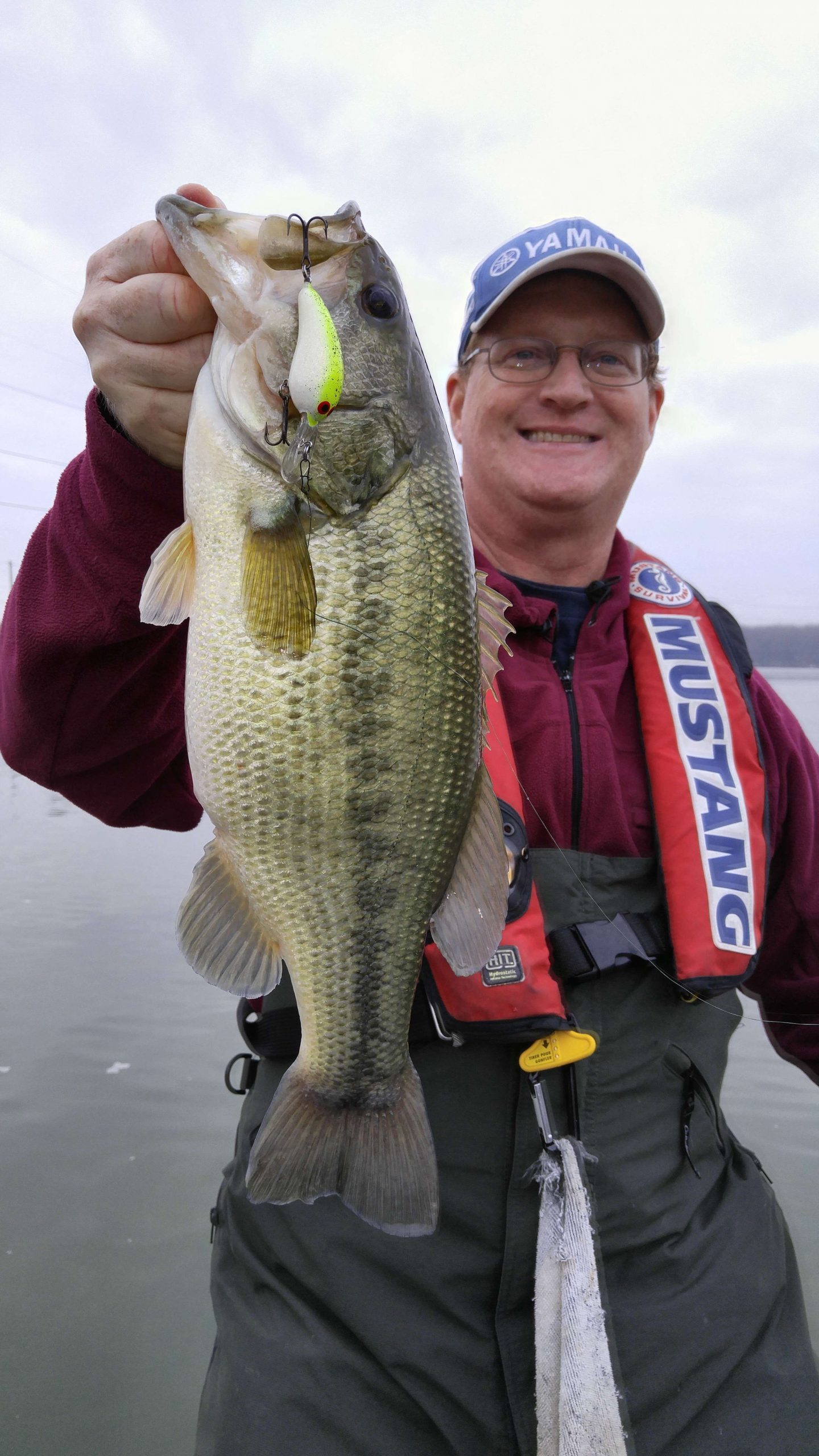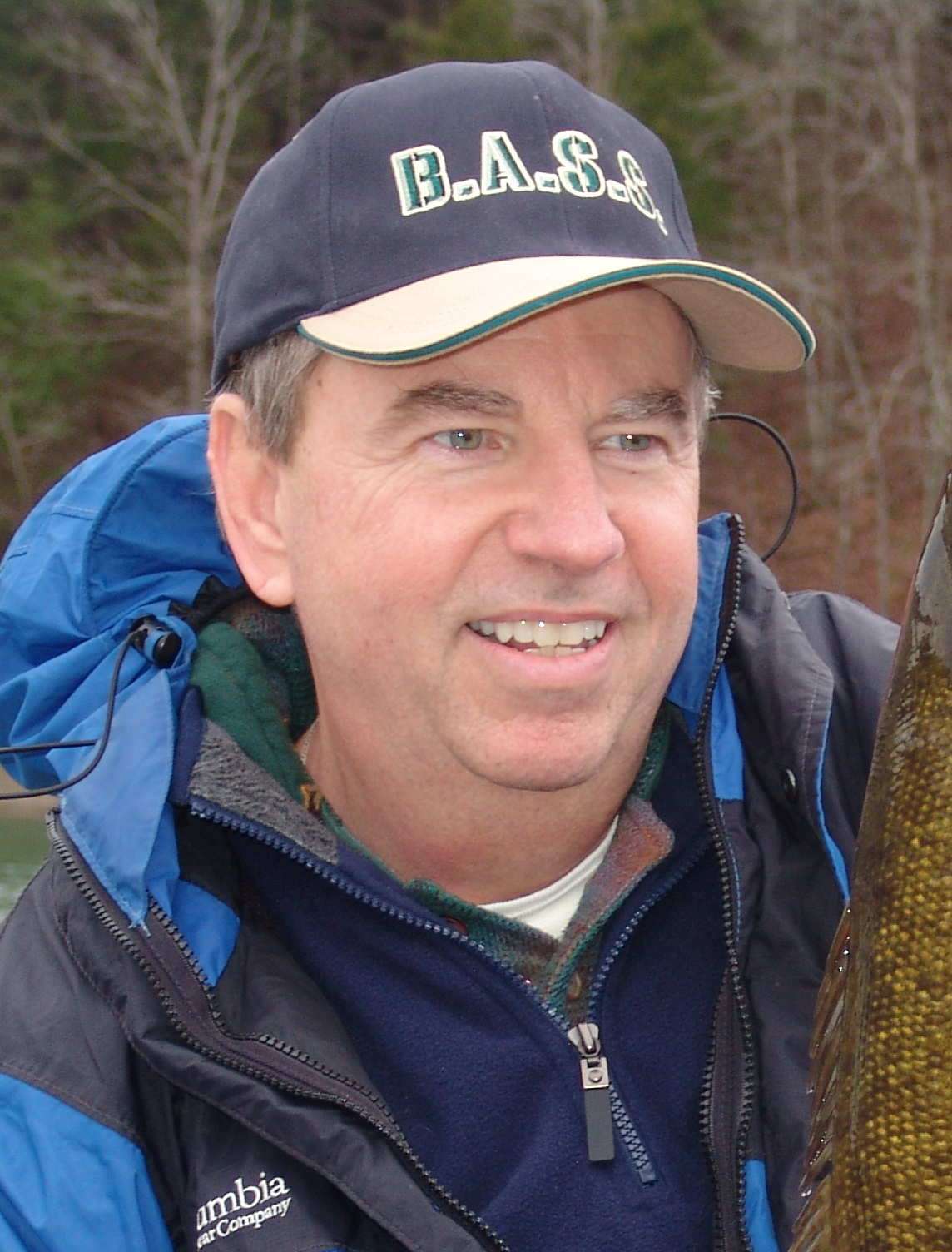
LANSING, Mich. — Dan Kimmel accepted the B.A.S.S. Conservation Director of the Year award earlier this month at the B.A.S.S. Conservation Summit at the Classic.
Kimmel, the Michigan B.A.S.S. Nation conservation director, said he appreciates the value of conservation directors in Northern states.
“It’s an important position that can have a significant impact on the present and future of bass fishing and especially tournament bass fishing in the North, where some people do not like bass tournaments,” said Kimmel. The Lansing angler has been conservation director three separate times for a total of about 10 years and a B.A.S.S. member since 1978.
“There are many existing and possible new threats to the future of bass fishing and organized bass anglers must be involved in the process to manage and prevent them.”
Kimmel helped convince Michigan resource managers to change from a four-month closed season to catch-and-immediate-release year around.
“It will allow a lot more fishing opportunity and economic benefit for Michigan,” he said.
To do so required legislative passage of a bill to eliminate the old bass season limits and another bill, Scientific Fish and Wildlife Conservation Act, to give proper authority to the Natural Resources Commission. That required going up against the Humane Society of the United States and collecting more than 300,000 voter signatures to ensure that fish and wildlife are managed by the Department of Natural Resources (DNR) using sound science.
“We worked with many major outdoor groups to do this,” Kimmel said. “B.A.S.S. Nation members helped collect thousands of signatures at outdoor shows and other gatherings.”

In addition, Kimmel and other bass anglers campaigned to make culling legal.
“It was previously technically illegal, and a small, vocal segment was pushing everyone to start enforcing it, specifically in regard to bass and muskie tournaments,” he said. “We can now keep fishing and cull live fish.”
Kimmel, who builds websites at AnglerHosting.com, also is assisting DNR in redesigning and reworking the Michigan Fishing Tournament Information System to improve collection of information from tournaments.
“The new system will be rolled out publicly in March,” he explained, adding that the B.A.S.S. Nation worked with other groups to gain the first raise in fishing and hunting license fees in 17 years.
“They were struggling with serious staff, equipment and budget issues, and this raise has helped them hire new staff, replace ancient equipment and start working toward better outreach and productivity for inland and bass anglers,” Kimmel said.
Ongoing issues for Kimmel and Michigan include overuse of herbicides in inland lakes, expanding public access, and the threat posed by exotic species, including Asian carp and a new invasive plant, starry stonewart, which spreads easily and smothers beneficial aquatic vegetation. Combating anti-bass bias also remains a priority.
“The negative attitude toward bass tournament anglers has been allowed to be OK for too long,” he said. “We don’t deserve most of it, and bass fishing cannot truly advance in Michigan until it is overcome.”





